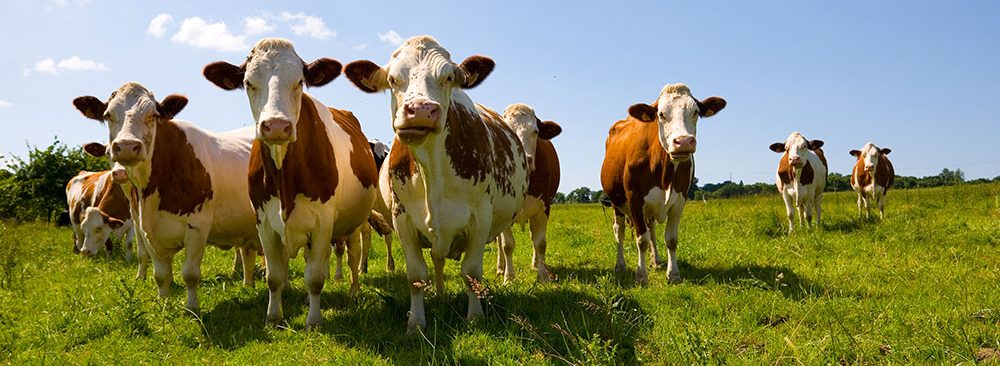Meat and its Environmental Impact
In our efforts to live more sustainable and environmentally friendly lifestyles, modifications of many aspects of one’s life are not unknown; however, one area which is often overlooked (and which can have a big impact) is what we eat. We increasingly care more and more about what we eat, but this interest hasn’t translated into awareness about how the choice of what we put on our plates impacts the planet.
Of course, organic food and its promotion of biodiversity is a part of the popular consciousness. To lesser extents awareness is present regarding the head to tail movement, the drives towards local produce, and so forth. But people don’t realise the effect that choosing, for example, chicken over beef can have in terms of the environment. The Food and Agriculture Administration has found that agriculture and livestock accounts for 18 per cent of the global warming effect worldwide; and accounts for 8 per cent of water usage. This is a higher percentage than the entirety of humanity’s transportations systems.
Of this, meat is the main culprit. In their article in the July 2014 issue of the journal Climatic Change, a group of researchers from the United Kingdom found that people with meat rich diets caused about 90 per cent more kilograms of CO2 to be released per day as a result of their diets than vegetarians and fish eaters. When compared to potatoes and other staples, The Guardian reports that beef requires 160 times more land, and produces 11 times more greenhouse gas, per calorie of food. However, not all meats are made equal. Chicken only requires one twenty-eighth of the land required to produce the same amount of calories in beef, whilst pork releases a fifth of the emissions that beef does.
To summarise, our plates and their habits can have a large impact on global issues. Professor Tim Benton from the University of Leeds has stated that “The biggest intervention people could make towards reducing their carbon footprints would not be to abandon cars, but to eat significantly less red meat.” Whilst food is something that should be enjoyed and should be varied, the next time you are at a loss as to what to buy for dinner, thinking about the greater issues at stake wouldn’t go amiss.
Alex Goth (11/MA)





